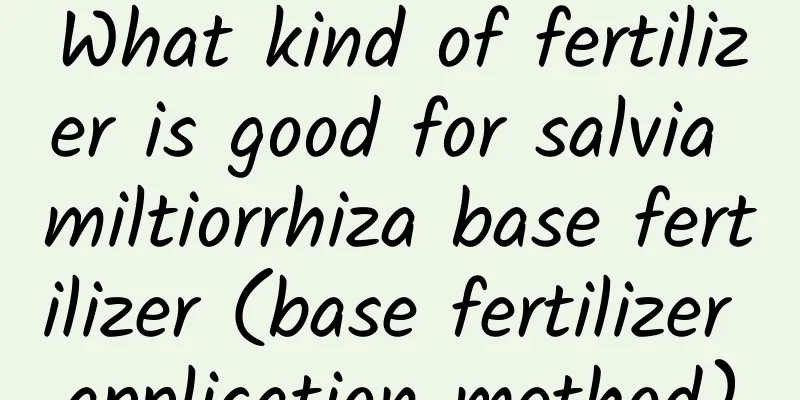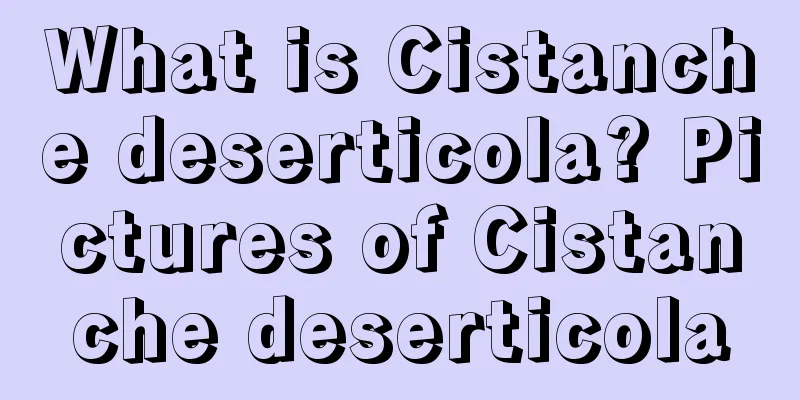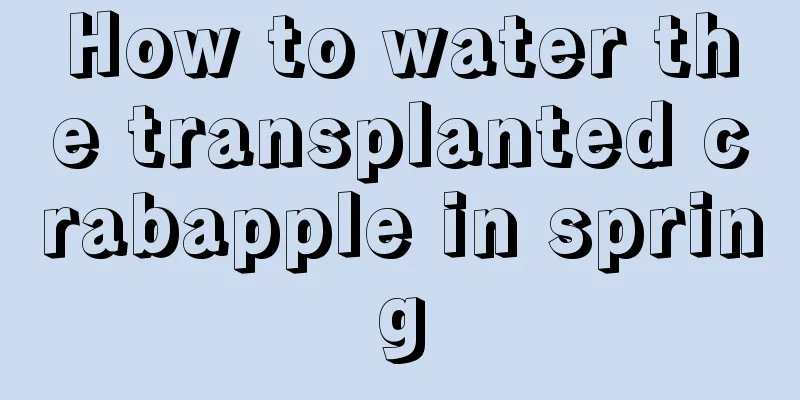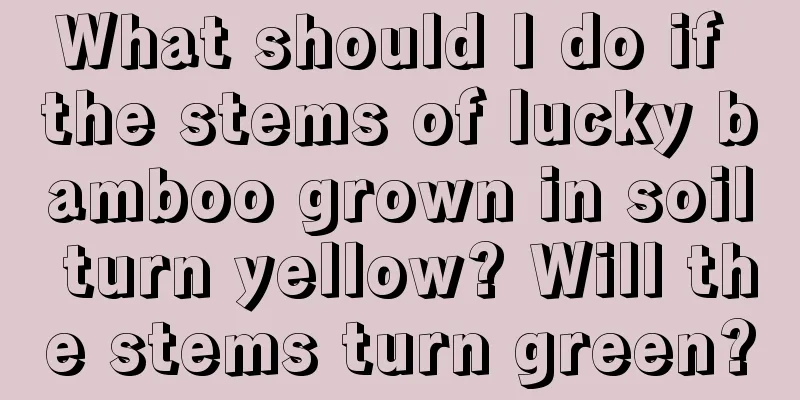What fertilizer is best for vegetables?

|
The vegetable planting area is relatively large. In order to ensure its yield and variety, fertilization management is very critical during the vegetable planting process, especially the selection of fertilizers . So what kind of fertilizer is best for vegetables? Let’s take a look with the editor below. 1. Organic Fertilizer Organic fertilizer refers to fertilizer made from animal and plant residues, excrement, etc. as the main raw materials and processed. It contains rich organic matter and nutrients, and has the advantages of lasting fertilizer effect, improving soil structure and increasing soil fertility. 1. Animal organic fertilizer ①Chicken manure fertilizer: It is rich in nutrients such as nitrogen, phosphorus, potassium, etc., and is very suitable for the growth of vegetables. But you need to make sure it is fully composted before using it, otherwise it may cause burns to the vegetables. ② Livestock and poultry manure: such as cow dung, pig dung, etc., also contain rich nutrients, but also need to be decomposed before use. ③Fish meal and bone meal: contain high levels of phosphorus, which are beneficial to the root growth, flowering and fruiting of vegetables. 2. Plant-based organic fertilizer ① Cake fertilizer: It is the residue left after the seeds of legumes are pressed for oil. It is rich in protein, fat, carbohydrates and other organic matter, and is very beneficial to the growth and development of vegetables. ② Wood ash: It is an alkaline fertilizer, rich in potassium, calcium, magnesium, sulfur and other elements. It is very helpful in improving the stress resistance and disease and pest resistance of vegetables. At the same time, wood ash also promotes the formation of soil aggregate structure, which is beneficial to improving soil quality. ③Straw and green manure: mainly derived from plant residues, containing rich organic matter and trace elements, with mild and long-lasting fertilizer effect. It not only provides the nutrients needed by vegetables, but also improves soil structure and increases the soil's ability to retain water and fertilizer. 2. Chemical Fertilizers Chemical fertilizers refer to fertilizers made by chemical methods, mainly including nitrogen fertilizers, phosphorus fertilizers, potassium fertilizers, etc. It has the advantages of fast fertilizer effect, easy absorption, and easy control of dosage, but it also has disadvantages such as easy volatility, easy loss, and easy to cause soil compaction. 1. Nitrogen fertilizer: Its main function is to promote leaf growth and photosynthesis of vegetables and increase vegetable yield. However, excessive use will cause vegetables to grow too fast, reduce their quality, and even cause problems such as soil acidification and compaction. 2. Phosphorus fertilizer: Its main function is to promote the root growth, flowering and fruiting of vegetables, and improve the stress resistance and yield of vegetables. Since phosphate fertilizer has poor mobility in the soil, it easily combines with calcium, magnesium and other elements in the soil to form insoluble phosphates, reducing the fertilizer efficiency. Therefore, it should be used in combination with other elements in the soil, and methods such as furrow application or hole application should be adopted to bring phosphorus fertilizer closer to the root system and improve fertilizer utilization efficiency. 3. Potassium fertilizer: Its main function is to promote fruit development and sugar accumulation of vegetables, and improve the taste and nutritional value of vegetables. Potassium fertilizer is particularly important for fruiting vegetables and root vegetables. 3. Special compound fertilizer and biological fertilizer 1. Special compound fertilizer: A fertilizer made by mixing nitrogen, phosphorus, potassium and other nutrients in a certain proportion according to the growth characteristics and needs of vegetables. It has the advantages of comprehensive nutrients and stable fertilizer effect. For different types of vegetables, corresponding special compound fertilizers can be selected for application. 2. Biofertilizer: It is a fertilizer made by microbial fermentation, rich in microorganisms and various nutrients. It has the effects of improving soil permeability, promoting root growth and enhancing plant resistance. However, biological fertilizers have a slow effect and are more expensive. It can be used as base fertilizer or topdressing, and it works better when used in combination with organic fertilizers and chemical fertilizers. The above is an introduction to what fertilizer is good for vegetable fertilization. When fertilizing vegetables, you should choose appropriate fertilizers according to the type of vegetables, growth stage and soil conditions, and control the dosage reasonably to avoid excessive fertilization that leads to soil pollution and deterioration of vegetable quality.
|
<<: At what age can onion seedlings be transplanted?
>>: When do persimmons ripen and can be picked?
Recommend
Characteristics of Aloe Vera
1. Appearance characteristics 1. Its roots are fi...
Monstera bonsai making
Cutting stage A good bonsai usually starts from c...
Can trumpet creeper be planted in a pot?
Can trumpet creeper be planted in flower pots? Tr...
Lettuce planting time and method
Lettuce planting time Lettuce is usually planted ...
What to do if the leaves of the dragon beard tree turn yellow
1. Reduce watering Reason: Usually, when the plan...
Growth conditions and characteristics of Dendrobium officinale
Dendrobium officinale growth conditions Dendrobiu...
How to spend the winter on sunflowers and how to prune them in winter
1. How do sunflowers survive the winter? The most...
How to trim mirror grass
When to mow mirror grass The pruning time for mir...
What are the new varieties of citrus?
1. Red Beauty This variety is a popular variety n...
The main components and functions of nitrogen fertilizers, how to make them at home
1. Main ingredients The main ingredient in nitrog...
How to cultivate wild peony
1. Soil When breeding, use loose, fertile and sli...
How to propagate Scutellaria barbata
The required container and cutting time of Scutel...
How to deal with yew root rot
1. Water appropriately Reason: Yew is not toleran...
How to grow small-leaf banyan
1. Breeding environment 1. Soil: To grow small-le...
How to grow daisies in winter
temperature Although this plant likes to live in ...









